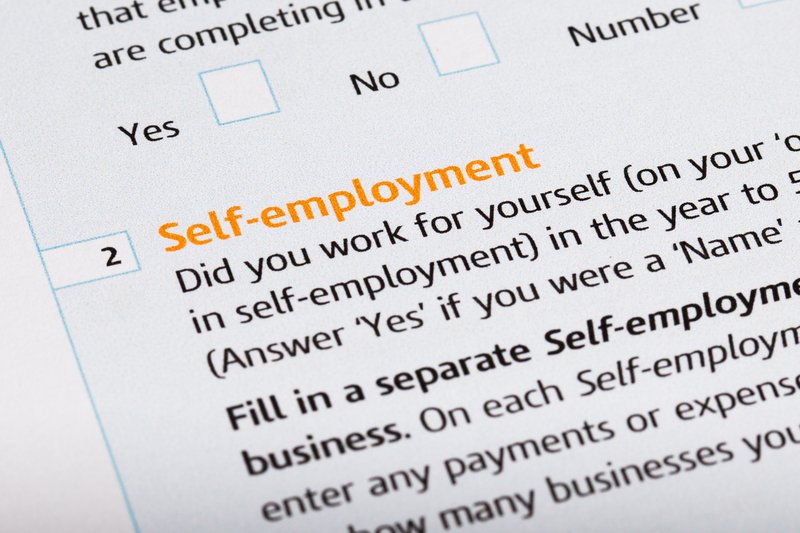This concise guide explains which tax records small businesses (including self-employed and limited companies) should keep and for how long, according to the current HMRC rules.
In a perfect world, we would all keep tax records for the same period of time, regardless of the business structure we work under. Of course, this isn’t the case, and the duration varies significantly.
The rules for individuals are universal. If you’re not self employed, or a limited company director, you must keep all your tax records for 22 months from the end of the tax period to which they relate.
But what about business-related tax records?
Sole Traders & Partnerships
If you are self-employed and do not operate via a limited company, you must maintain the following records:
- A record of all sales and takings, including cash receipts.
- A record of all purchases and expenses, including cash purchases.
- VAT records – including VAT sales and purchase invoices, import and export documentation, and any other details relating to your VAT account.
- PAYE records if you employ anyone.
- Details of any grants you received as part of the COVID-19 Self-Employment Income Support Scheme (SEISS).
You must keep these records for at least five years after the 31st January submission deadline of the relevant tax year.
Limited Companies
If you operate via a limited company, you must keep the following records:
- Accounting records include all assets, liabilities, income and expenses.
- Business records – including bank statements, paying-in books, purchases, expenses and sales details.
- VAT records – including VAT sales and purchase invoices, import and export documentation, and any other details relating to your VAT account.
- Your company records relating to company officials, any company resolutions and meeting notes, and entries on the PSC register (People of significant control).
- Any debentures, indemnities, loans secured against the company’s assets, and details of share transactions.
- Any records related to employees you have furloughed under the CJRS.
You must keep these records safe for at least six years following the end of your company’s last financial year.
Construction Industry Scheme (CIS)
The following details must be maintained by law:
- Contractors – Details of all payments made to all subcontractors for work done and materials subcontractors have purchased. For example, subcontractor invoices.
- Sub-Contractors – Details of all payment and deduction statements. For example, copies of invoices issued and payment statements received.
You must keep these records for at least three years following the tax year they relate to.
Employers
Employers must keep all PAYE records for three years (in addition to the current year).
Records you should keep safe include:
- Payments made to employees.
- Any deductions from your employee wages of Income Tax, National Insurance contributions (NICs) and Student Loan payments.
- All details of employee benefits and expenses.
- Tax code notices.
- All records of statutory payments (including sick pay and maternity pay).
Final thoughts from the Bytestart team
In summary, unless you have a burning desire to destroy your tax records as soon as you are legally allowed, we advise keeping your records – online or otherwise – safe for at least six or more years, just for your peace of mind.
Most small business owners use cloud-based accounting systems like FreeAgent and Xero, so much of this information, particularly accounting and tax data, will be secure.
If you stop your subscription to one of these online accounting providers, migrate your data – or download it all before your membership expires.
Keep any off-line paperwork safe, such as your statutory records, if you’re a limited company.

|
Free Tide Business Bank Account - up to £150 Cashback!Simply open a free business current account to qualify + 12 months free transactions. Read our Tide review. Open a Tide savings account at the same time and earn an excellent 4.07% AER (variable) on your spare funds. |











